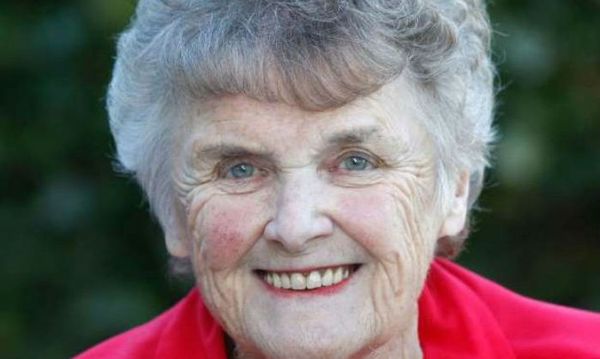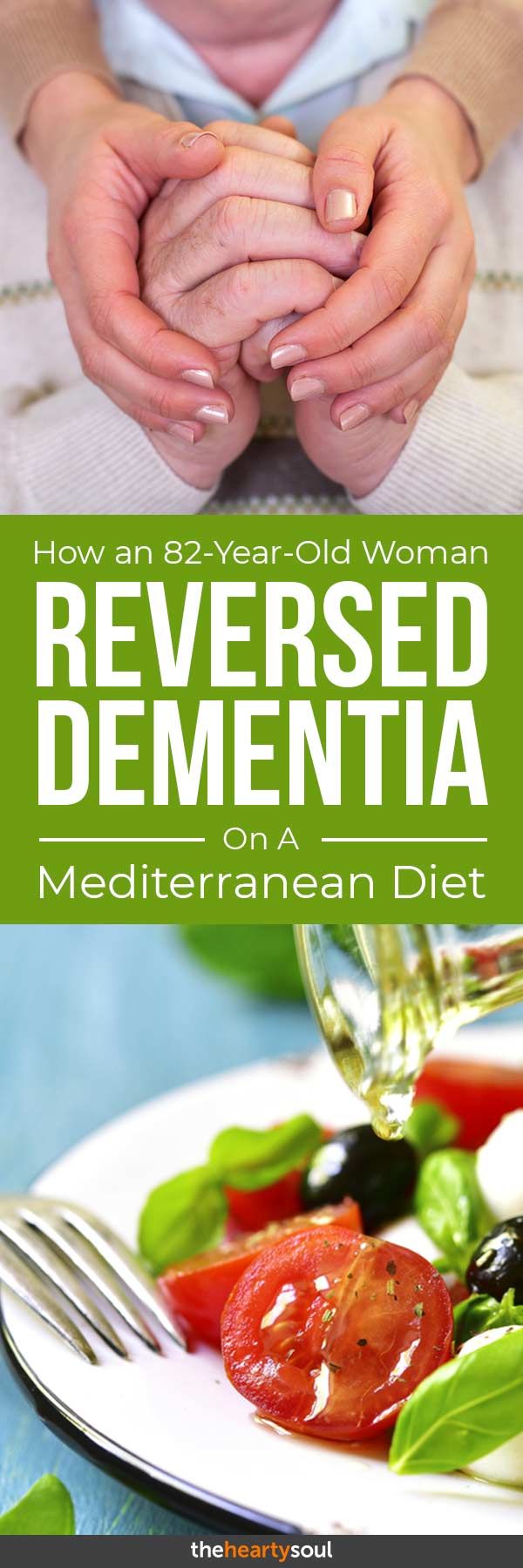
This article was originally published on April 25, 2018, and has since been updated.
It must have been heart-breaking for Mark Hatzer to realize that his 82-year-old mother, Sylvia Hatzer, who suffers from dementia, could no longer recognize him. As her condition worsened, Sylvia was admitted to North Manchester General Hospital for her safety.
When Sylvia was in the hospital, her memory started to decline. It became difficult for her to remember plans or birthdays. In December 2016, she was officially diagnosed with Alzheimer’s disease, and Mark noticed his mother’s rapid deterioration. It was a heartbreaking experience for him when his mother couldn’t even recognize him anymore.
But there was hope on the horizon. After two months in the hospital, Sylvia was discharged. However, her battle with dementia was far from over. She still displayed all the early signs and symptoms of the disease, such as memory problems, confusion, trouble concentrating, changes in behavior, and difficulty performing everyday tasks.
However, it was the next steps taken by the Hatzer family that made all the difference. Instead of relying solely on prescribed medication, they decided to explore alternative treatments. Inspired by the diets of Mediterranean countries, they made changes to Sylvia’s diet.
In Mediterranean countries, Alzheimer’s disease is rare, and their diet plays a significant role in that. Their diet includes fish, blueberries, strawberries, Brazil nuts, and walnuts – all foods that are considered beneficial for the brain.
Research has shown that Mediterranean diets can improve memory and reduce the risk of dementia. According to the Alzheimer’s Society, these diets are rich in fruits, vegetables, legumes, and whole grains.
In fact, a study presented at the Alzheimer’s Association International conference in 2017 revealed that following a Mediterranean diet significantly lowers the risk of dementia. Participants who followed this diet had a 30% to 35% lower risk of cognitive impairment compared to those who didn’t.
Sylvia Hatzer also incorporated other strategies to help reverse dementia. She frequently engaged in cognitive exercises, such as crosswords and jigsaw puzzles, to stimulate her mind. She also stayed connected with social clubs and even used a pedaling device for exercise while sitting down.
It wasn’t an overnight miracle, but after a couple of months, Sylvia started to remember things like birthdays and regain her alertness and engagement. Mark emphasizes that a dementia diagnosis doesn’t have to be the end. Making small changes, like adjusting your diet or adopting new lifestyle habits, can help protect your brain.
So, if an 82-year-old can make a difference through diet, there’s hope for everyone. Start taking care of your brain today by making simple changes. And remember, it’s never too late to make a positive impact on your health and well-being.
- Department of Health & Human Services. (2014, May 31). Dementia – early signs. Retrieved from Source
- Alzheimer’s Society. (2016, December 02). Mediterranean diet. Retrieved from Source
- LaMotte, S. (2017, July 17). Mediterranean style diet may prevent dementia. Retrieved from Source
- Lourida, I., Soni, M., Thompson-Coon, J., Purandare, N., Lang, I. A., Ukoumunne, O. C., & Llewellyn, D. J. (2013, July). Mediterranean diet, cognitive function, and dementia: A systematic review. Retrieved from Source
- Petersson, S. D., & Philippou, E. (2016, September). Mediterranean Diet, Cognitive Function, and Dementia: A Systematic Review of the Evidence. Retrieved from Source
Disclaimer: This information is not intended to be a substitute for professional medical advice, diagnosis, or treatment. It is for informational purposes only. Always consult your physician or another qualified health provider for questions regarding your medical condition and/or current medication. Do not disregard professional medical advice or delay seeking advice or treatment based on information you read here.







